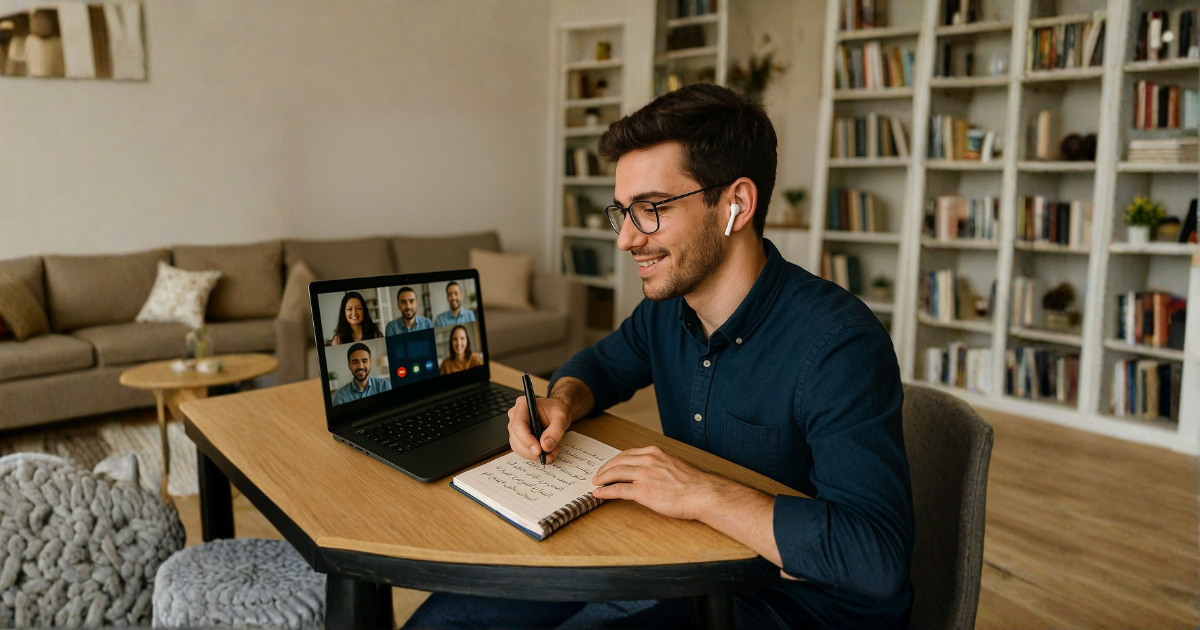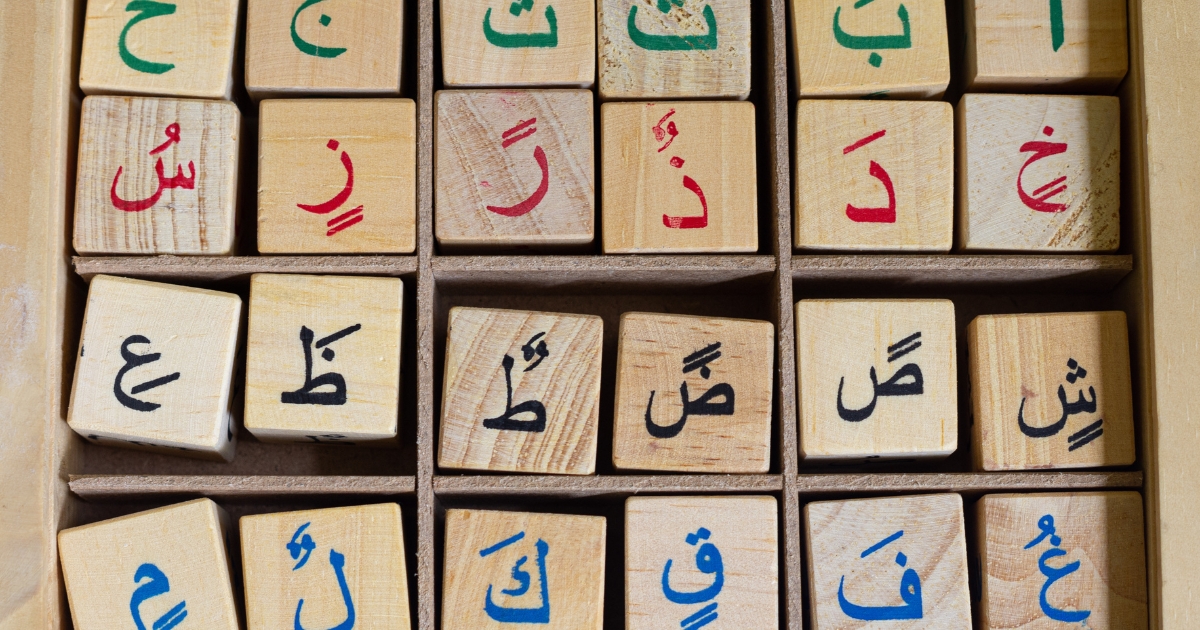Raising Little Multilinguals: Fun and Easy Arabic Lessons for Kids
If you’ve ever tried to get a child excited about learning a new language, you’ll know the secret it has to feel like play. That’s exactly why Arabic for kids works best when lessons are built around stories, games, and fun practice. At Arab Academy, children don’t just memorise the alphabet; they interact with everyday words and real situations, turning Arabic into something natural and enjoyable.
Why Kids Learn Best Through Play
The most effective Arabic lessons for kids don’t start with heavy grammar. Instead, they focus on things kids already know: family, colours, toys, food, and classroom routines. By connecting new Arabic words with their world, children remember faster and are more eager to use them. Lessons are designed to feel like games, which keeps energy high and boredom out.
From Alphabet to Everyday Conversations
Learning starts small with letters, sounds, and simple words. Programs like Arabic for Kindergarten gently introduce young learners to the alphabet, helping them connect sounds to pictures. Soon, children can use mini-dialogues to ask for what they want, describe what they see, and share what they like. Each step builds naturally toward real conversations.
Real Families, Real Progress
Arab Academy’s community has countless stories of children thriving in their Arabic studies:
- A mother shared how her 6-year-old daughter looks forward to every lesson because of her teacher’s patience and fun activities.
- A parent of a kindergartener noticed how quickly their child began using short Arabic phrases at home after just a few weeks of lessons.
- Another family reported that their child’s confidence in speaking improved not only in Arabic but in school overall.
These stories prove that when lessons are interactive and child-centred, kids don’t just learn,they love learning.
How Much Practice Do Kids Need?
Experts suggest that consistent exposure is key. Even just 15–20 minutes a day of structured Arabic practice, combined with games or songs, can make a big difference. It’s not about cramming; it’s about small, daily touches that build confidence over time.
Fun Routines That Work at Home
- Story time in Arabic: Short stories spark imagination and build vocabulary.
- Labelling objects: Place Arabic labels on doors, tables, and toys so kids see the language daily.
- Mini role-plays: Pretend to shop, order food, or introduce family members in Arabic.
- One new phrase per day: Simple expressions like “I like” or “thank you” go a long way.
FAQs About Arabic for Kids
At what age can children start learning Arabic?
Children as young as 3–4 can start with playful lessons, while kindergarten programs focus more on letters and simple sentences.
Do kids really stay engaged online?
Yes, when lessons are designed for kids. Interactive games, stories, and puzzles keep attention high.
How quickly will my child start speaking Arabic?
With consistent practice, many children begin using simple phrases within the first few weeks.
Are there benefits beyond language?
Yes. Research shows bilingual kids often develop stronger focus, problem-solving, and creativity.
Give Your Child the Gift of Language
Raising a bilingual child is one of the best investments in their future. With Arabic learning for kids at Arab Academy, your child can start with fun, engaging lessons and gradually grow into confident conversations.
Don’t wait, let your child’s Arabic journey begin today. Explore Arabic lessons for kids at Arab Academy.







